Good vision is essential for learning, development, and social interaction, especially in young children. Yet many vision issues go undetected because they don't cause obvious symptoms. At Elite Eye Care, we believe children's vision testing should be a core part of early healthcare, especially before kids begin preschool or kindergarten.
This guide explores why early detection matters, how pediatric vision testing works, and when to schedule an eye exam to ensure your child’s eyes are on the right track from the start.
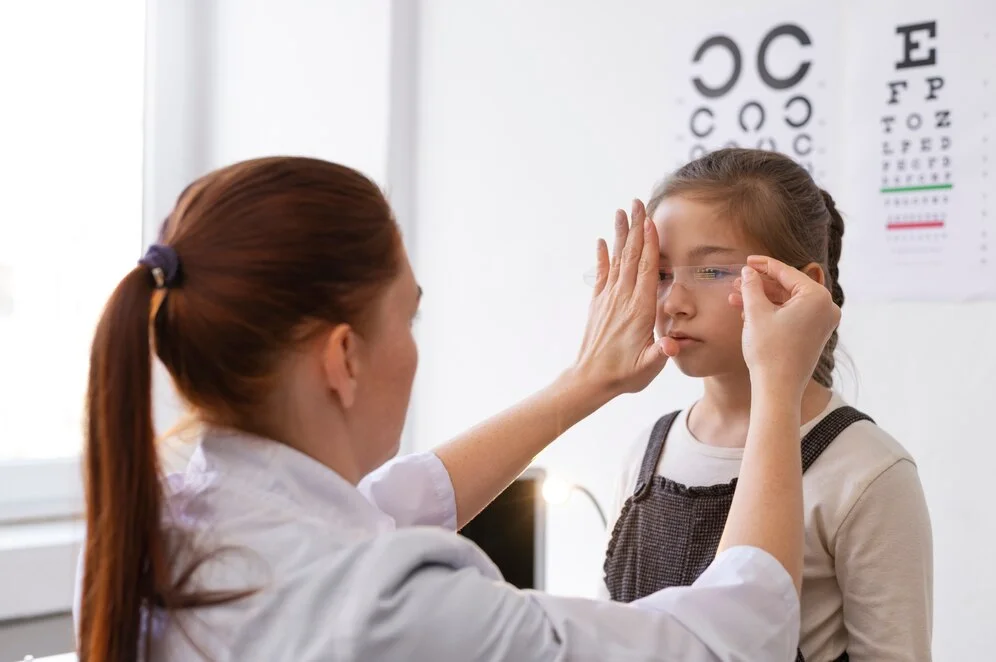
The Importance of Children’s vision testing before school
Most parents plan for dental visits and vaccines prior to school, but not all plan for vision clearly. In fact, vision problems that can impact learning occur in 1 in every 4 school-age children. Common issues for young children are amblyopia (“lazy eye”), strabismus (misalignment of the eye), and uncorrected refractive errors, but they are all treatable if caught early.
Children’s vision testing assures that your child will be able to see clearly, track objects appropriately, and use both eyes together. These are important functions in learning, reading readiness, motor coordination, and behavior in the classroom.
When to Schedule Children’s Vision Testing?
The American Optometric Association recommends that all children receive their first pediatrics eye exam between 6–12 months of age, again at age 3, and once more before starting school.
Here’s a suggested timeline:
- Infants (6–12 months): Baseline vision screen to rule out early issues
- Toddlers (2–3 years): Basic eye check and visual development monitoring
- Preschoolers (4–5 years): Comprehensive eye checkup test to assess visual acuity, tracking, and depth
- Before Kindergarten: A full pediatric vision testing exam to ensure school readiness
By staying on schedule, you set your child up for success and prevent vision-related delays in learning and development.
How Vision Screening Differs from a Full Eye Exam
Many schools and pediatricians offer basic vision screening, but these are not a substitute for a full pediatrics eye exam. Screenings only check for distance vision and may miss critical issues like:
- Eye teaming problems
- Focusing difficulties
- Depth perception and eye alignment issues
- Near vision problems that affect reading
A proper eye test for preschoolers evaluates the full range of visual functions and is conducted by a trained optometrist. At Elite Eye Care, our specialists use child-friendly tools and age-appropriate methods for children’s vision testing to make the experience smooth and accurate.
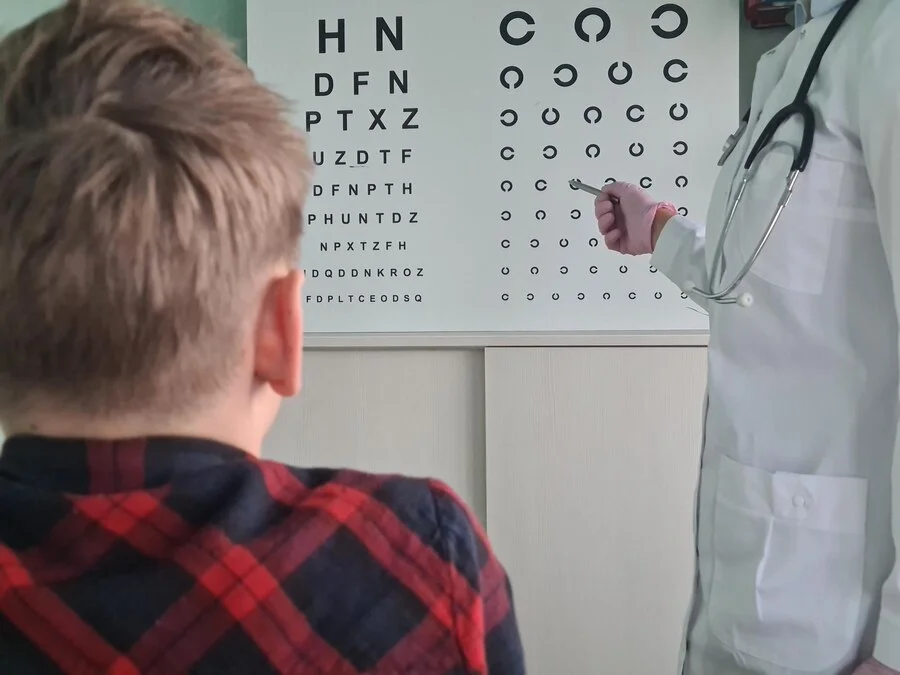
Identifying Eye problem in infants
Identifying eye issues in babies may be more challenging because they cannot vocalize their visions or lack the ability to express themselves.
Look for early signs of eye problems in your baby:
- No eye contact or tracking of objects.
- Constant watering or discharge from the eye.
- Eyes which are misaligned, or do not work together.
- Eyes fluttering or moving rapidly.
If any of these signs demonstrate themselves, consult an optometrist with pediatric experience as soon as possible.
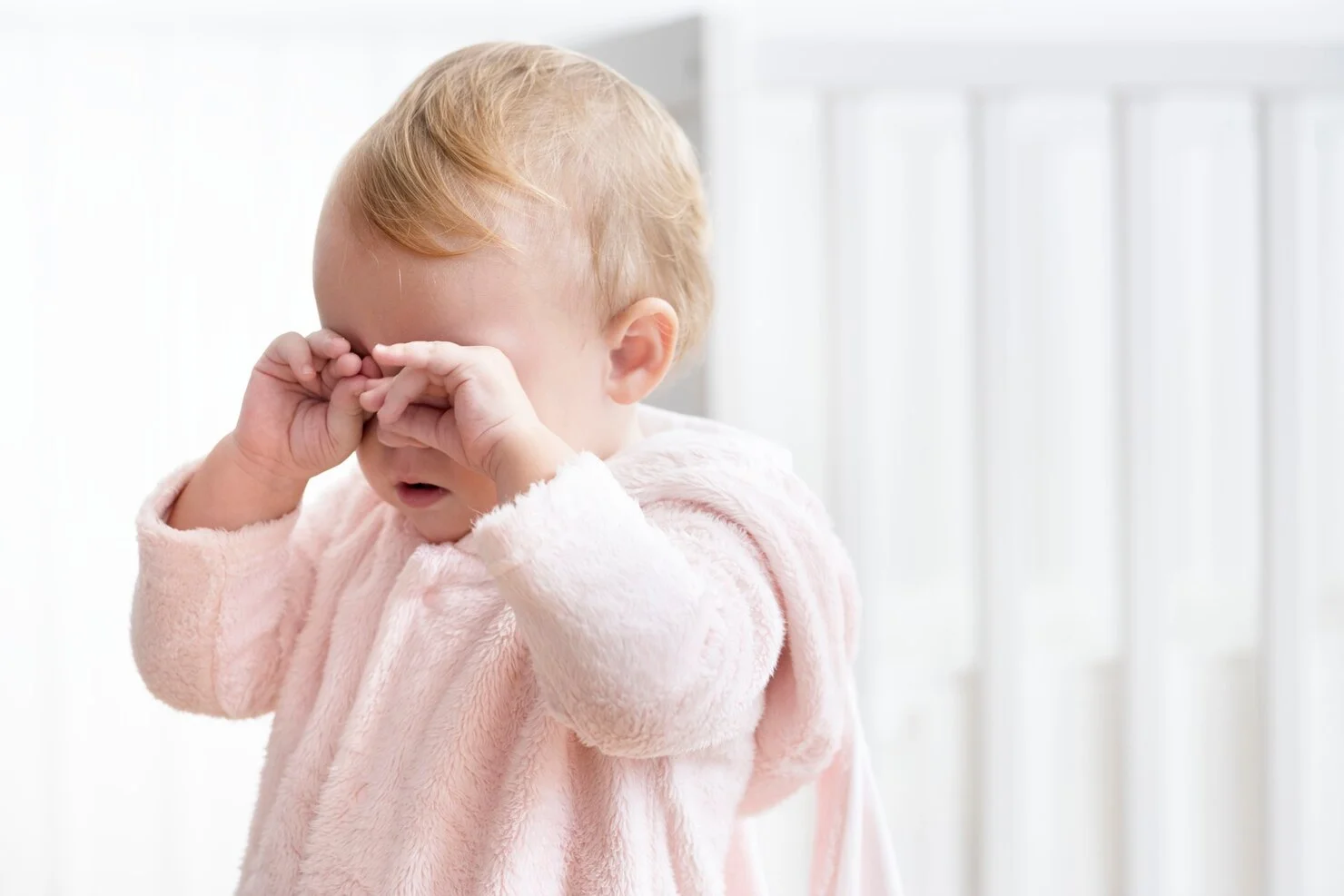
What to Expect During a Pediatric Eye Exam
At Elite Eye Care, our children's vision testing process is designed to be engaging and stress-free. Here’s what your child’s visit might include:
- Medical and visual history review
- Eye muscle testing to check coordination
- Visual acuity assessment using age-appropriate charts or tools
- Binocular vision testing to see how well both eyes work together
- Pupil dilation if needed, for a better view of internal structures
Parents often worry that young children won’t cooperate, but our optometrists are trained to work with preschoolers, using games and visuals to guide them through the vision screening process.
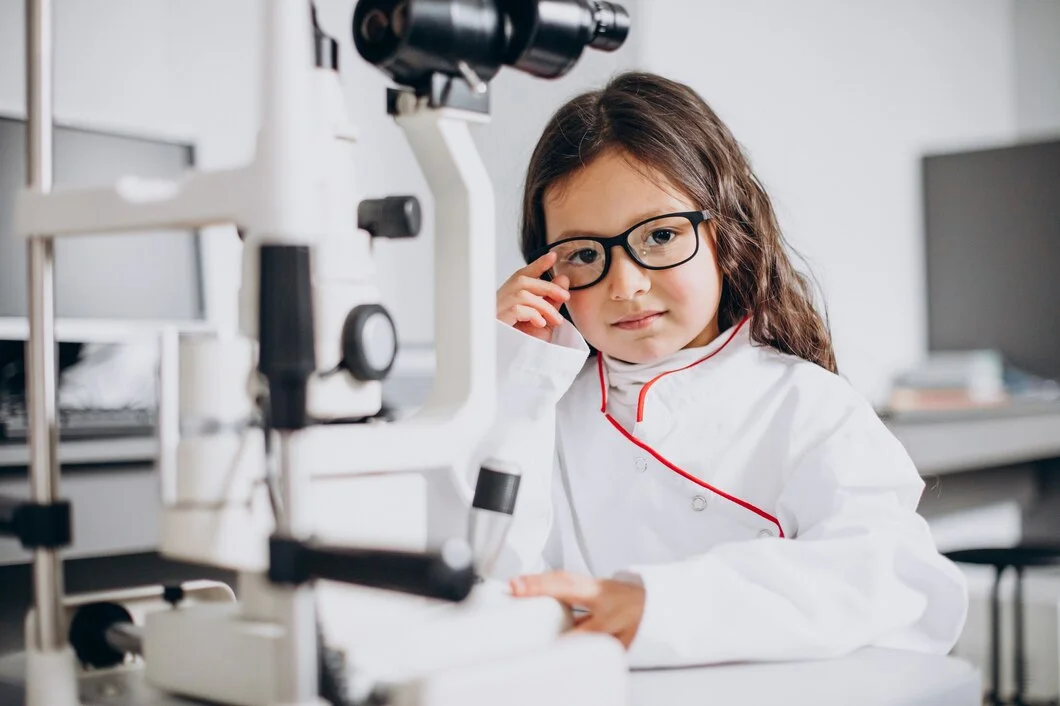
Indicators Your Child May Need Eye Exam
Although your child might have passed a screening exam at school; if you see the following, they could benefit from a complete eye exam:
- Snapping eyes, blinking excessively
- Turning or tilting their head or shutting one eye
- Challenging to follow moving objects
- Poor hand-eye coordination
- Headaches or eye strain complaints
- Sitting too close to the screen or holding books too close
This list of indicators demonstrates undetected vision problems what a comprehensive eye test for preschoolers can detect and intervene early on.
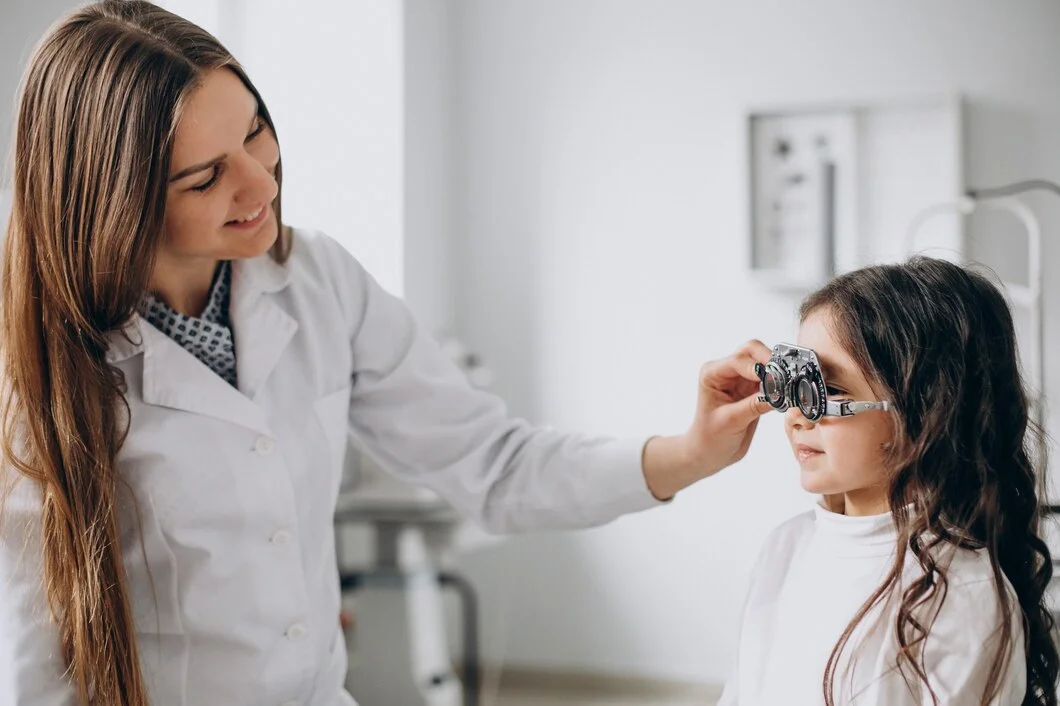
Why Elite Eye Care Is the Best Choice
At Elite Eye Care, we excel in pediatric vision testing and early childhood eye exam evaluations. Our staff has experience with young patients, from toddlers to school-aged children, and we tailor each exam to the developmental stage of the child.
Whether your child needs a simple eye check, a more extensive exam, or a vision screening to support learning objectives, our clinic is one place that provides everything you will need.
Conclusion
The vision of your child is paramount for academic, physical, and social development. Children's vision testing is more than a school formality; it is leading the way for a lifetime of clear vision confidence.
Do not wait for symptoms to appear. Be ahead of the game.
Are you ready to support your child's vision from the start?
Book an eye exam at Elite Eye Care today and get your child started on the right start for sharp, healthy vision prior to preschool, and beyond.
